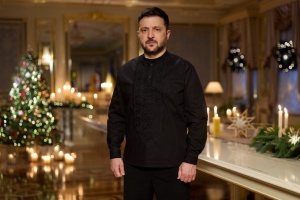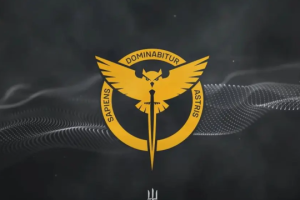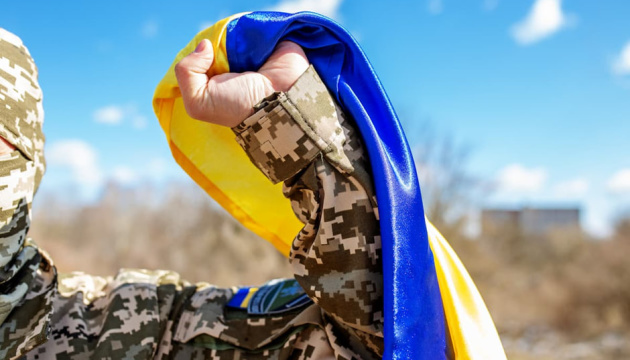
Russian propaganda spreads fake video about 'massive use of Nazi symbols' by Ukraine's military in Kursk region
Pro-Kremlin Telegram channels, media outlets and the YouTube video hosting service are sharing a video that was allegedly released by the British television and radio corporation BBC. It states that a preliminary investigation conducted by the Reporters Without Borders (RSF) organization "revealed" more than 1,000 cases of the use of Nazi symbols, slogans and gestures by servicemen of the Ukrainian Armed Forces during an operation in Russia's Kursk region. The video also quotes RSF's Director for Advocacy, Strategic Litigation and Assistance Antoine Bernard, who "urged" the international community to draw attention to the glorification of Nazism in the Ukrainian Armed Forces of Ukraine. "A country that demands the UN to protect its rights has no right to treacherously violate UN resolutions, much less display symbols of an anti-human regime," the propagandists allegedly quoted Bernard as saying.
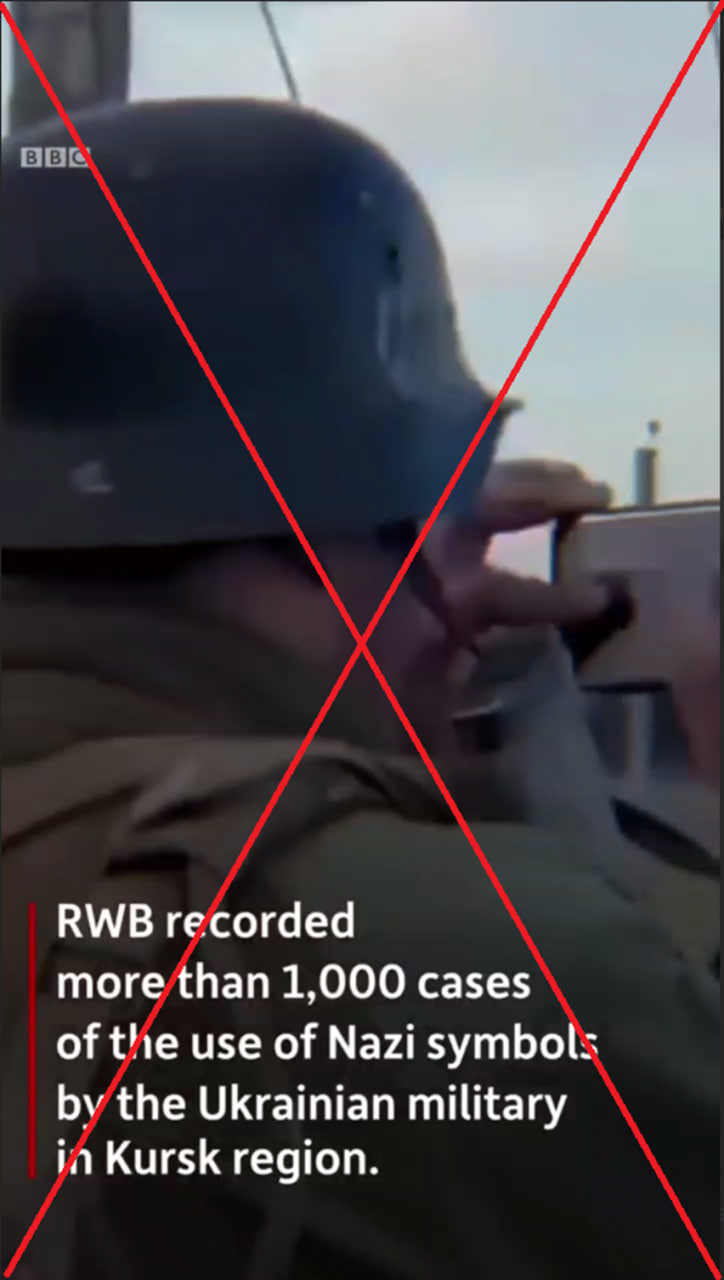
The video is fake. Such a video was not published on the BBC or the RSF organization's website. The pseudo-video was created using photos and videos that can be found in the public domain. In addition, our team managed to establish that some of them appeared on the internet even before Ukraine's operation in the Kursk region. For example, this photo appeared back in the summer of 2022. It is not known for sure whether this person is related to Ukraine.
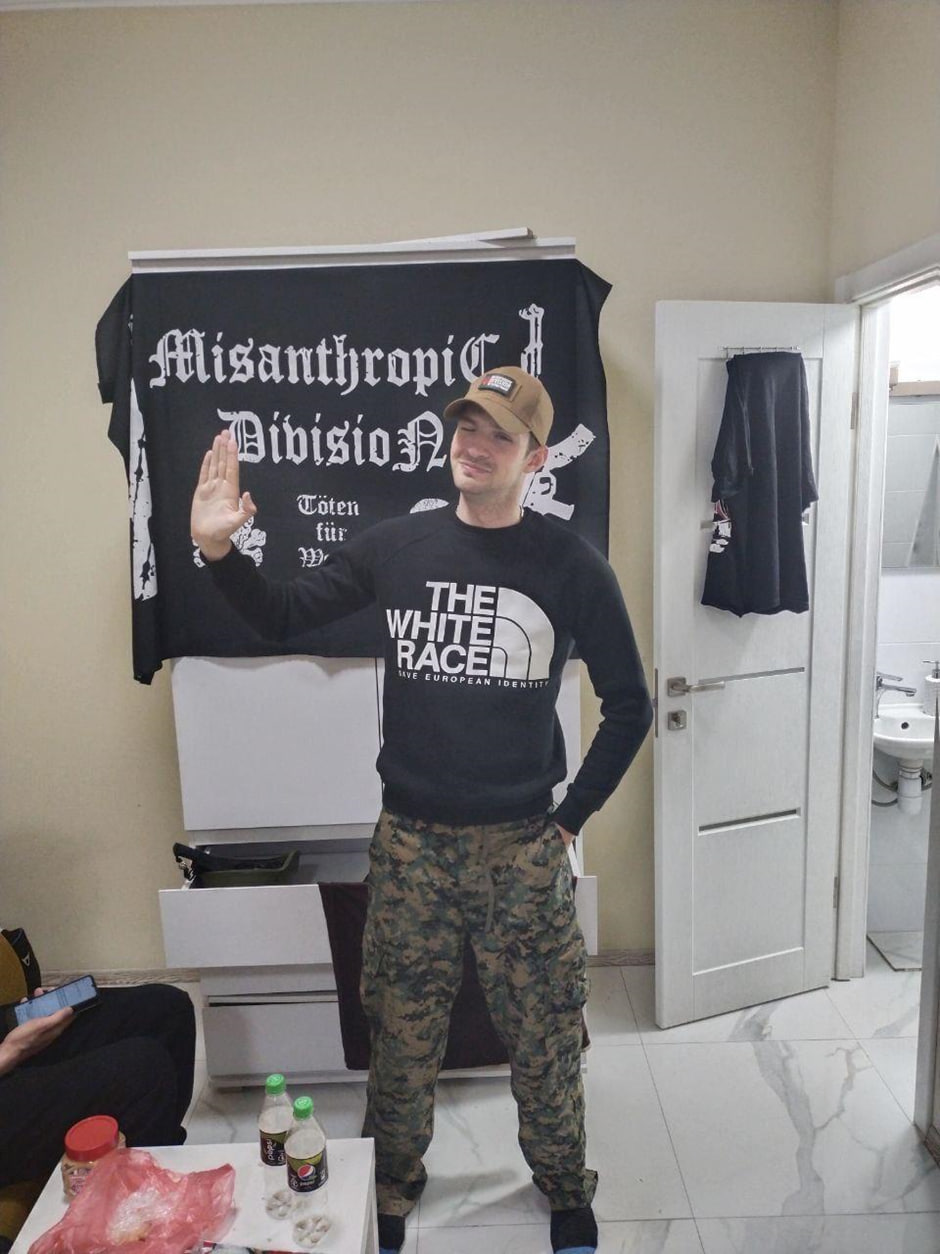
In addition, a photo of a wrecked car emerged on Russian resources about six months ago.
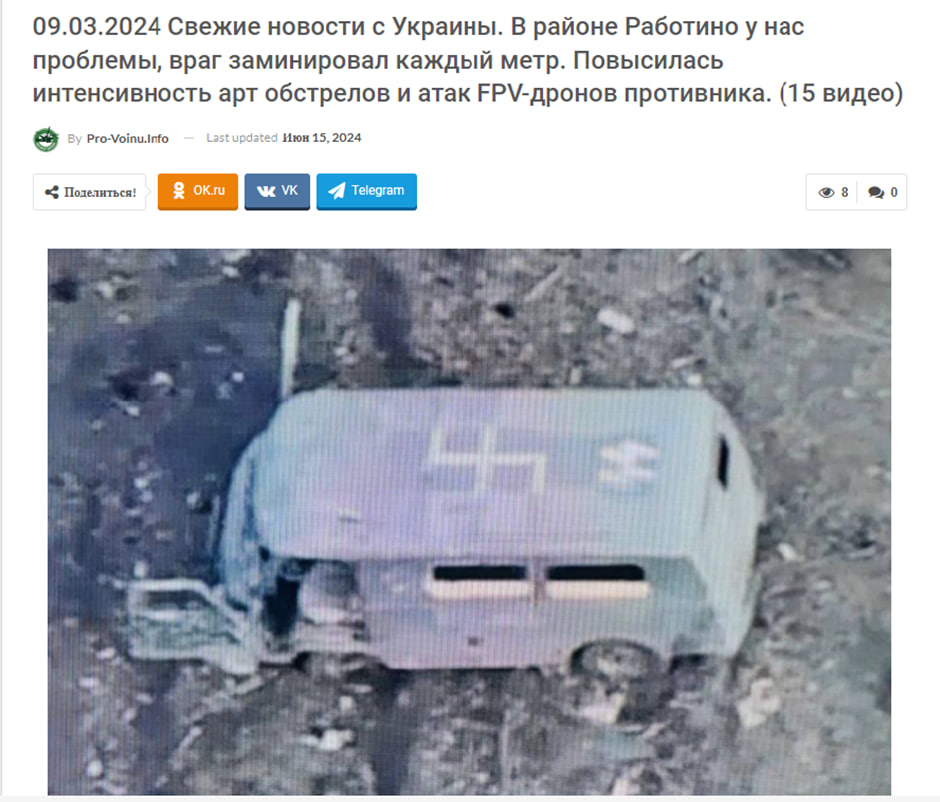
Ukrinform contacted RSF representatives to verify the claim. In response, the organization's communications and engagement director, Zoé Boissel, confirmed that the information provided in the video was not true and that RSF had already started an investigation into this matter.
Russia uses accusations of Nazism and fascism against Ukraine as part of its propaganda and as an excuse to invade the country.
Ukrinform recently wrote about how Russian propaganda interprets and distorts various historical events to explain its unjustified aggression against Ukraine.
Dmytro Badrak

